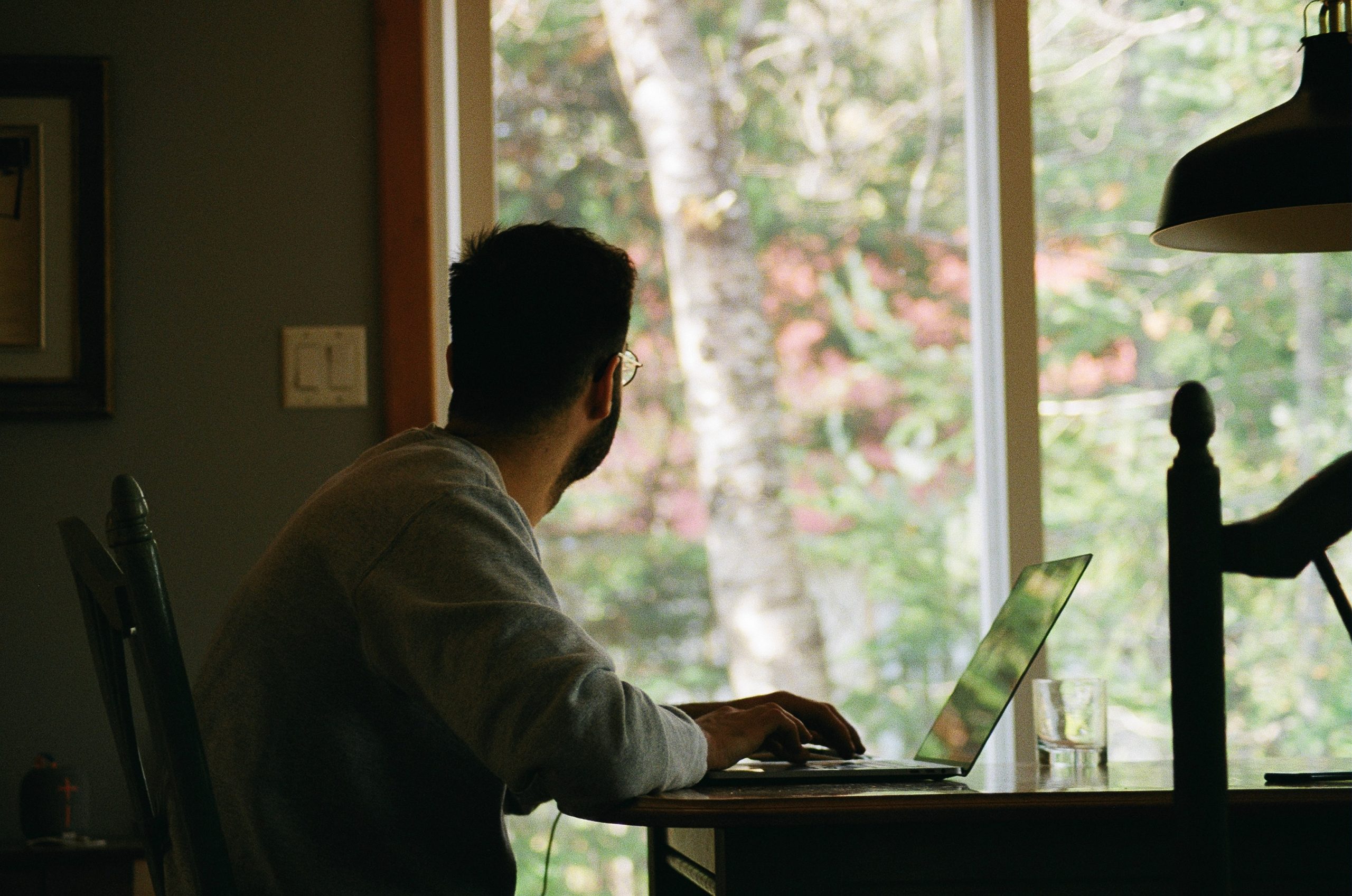5 Essential Emotion Regulation Skills to Tame Anxiety, Fear and Stress

“Italy overtakes China’s death toll”; “London lockdown looming”; “Borders shutting down across Europe”… It’s easy to get frenzied up into a state of fear these days. But fear or anxiety are not the most constructive emotions – they can paralyse you and cloud your judgment. So how can you quieten your mind?
By practicing self-awareness and emotion regulation skills – today more relevant than ever. If you’re a parent, leader or community active, it’s especially important. Why? Because emotions are contagious – in both good and bad. If you feel anxious, you can count on people around you feeling anxious, too. So being able to regulate your own emotions is important not only for yourself but for everyone around you, even virtually. It is time to put your own safety west on first.
Here are some ideas for how to manage your emotions using cognitive and embodied techniques.
1. Know thyself: why do I stress?
Us humans are analytic and curious creatures. We hunger for information, which in this current situation draws us to the news. But knowledge seeking is both comforting and distressing. By knowing more more more, we try to get a feeling of control. But you can’t control the world, you can only control yourself. Hence, it’s time to shift the focus from the outside world to yourself.
Try this: Leave the sensationalist news to the side. Pause and ask yourself how you are doing. Think about your thoughts, actions and emotions. Maybe take a broader perspective: who are you, what factors in your life contribute to your stress response in this moment? It may feel difficult, but when we understand ourselves better, we often feel relief. If self-reflection feels challenging, try journaling, talking to a friend, or seeing a professional.
2. Understand how your mind links perception, thoughts, emotions and action
In the cognitive theory of the mind, how we perceive the situation provokes thoughts, the thoughts affect our emotions, which then affect our behaviour. In short, your perception of a situation makes you behave in a certain way. Imagine walking down a dark street at night. You hear footsteps behind you. They approach, faster. You run, right? But what if I tell you it’s your mother. She’s running after you because you forgot something at her house. Your perception of the situation made you run, not the situation itself. In sudden or prolonged situations that cause anxiety, your mind’s automatic mode is faster than your constructive thinking and you can get caught in anxiety. At those times you need embodied techniques to calm down the nervous system first before you can access your cognitive regulation again.
Try this: Taking a positive attitude about something challenging can be a helpful regulating mechanism. It’s natural to perceive the current crisis negatively, but could there be something positive to it? An opportunity to change some habits for the better? Learning new skills like remote working practices? Cooking more at home? The crisis making your family, work team, or community come together?
3. Mind over body: Regulate your emotions with your thoughts
Our mind’s default network, the “automatic mode” of the mind, is our survival mechanism. The mind sees threats everywhere and reacts to the information (and misinformation) we are exposed to. You can challenge the mind by becoming more aware of the mind’s tendency to see negativity. You can practise cognitive defusing, seeing thoughts as products of the mind and not listening to the mind’s own narrative, but instead create a new narrative. This is called a psychologically flexible inner voice.
Try this: “Name it to tame it” is a helpful technique. Notice what you are feeling. Then name the feeling – be it “fearful”, “angry”, “anxious” or “frustrated” – and practice being comfortable with the uncomfortable. Observing and accepting, but not identifying with the distressing emotion calms the mind. If you want to go further, try the “safe place visualisation”. Close your eyes and think about a place where you feel safe – your childhood home, in front of a fireplace, your grandmother’s kitchen. What does it look like, smell like, feel like? A simple visualisation can give you comfort in a tough spot.
4. Body over mind: Try embodied practices
A racing, over-active mind is best quieted by connecting to the present. Next time your stress or anxiety rises – come to your senses, literally. Focusing on sensory information – hearing, seeing, tasting, feeling, smelling – takes you instantly back to the present. Just feeling the rug under your feet or the wind on your face can help ground you. Sensory and physical practices, so called embodied practices, help activate the parasympathetic nervous system and calm the mind. Relaxation and breathing techniques, movement and exercise, a soothing touch, or a calming voice are all effective ways to relieve tension and create calm.
Try this: Washing your hands for 20 seconds, multiple times per day, is an opportunity. Make it a mindful moment. Smell the soap, feel the warmth of the water. Activate your compassionate mind by thinking of someone dear to you. You are washing your hands not only for your own health but for all of humanity.
5. Build your resilience by reaching out
The best way to build your resilience is practising awareness and acceptance of yourself and your situation. When we feel anxious and distressed, we tend to withdraw or over-react. But that’s often the worst course of action in a stressful situation. Us humans are social animals, we are programmed to find comfort in others. So be proactive in seeking social support and leaning in to social connection.
Try this: Talking about your worries almost always helps with cognitive reframing and gaining perspective. So reach out to a friend or family member. Have a chat and unload all your worries. Listen and be present. Together, try to see the good in the bad and focus on the things you can control, like helping others. Altruistic and compassionate actions towards others are a research-proven and effective way to support your wellbeing and happiness.
With these practices you should be well-armed to take on this crisis and come out stronger. And even if it’s a no-brainer, it bears repeating: with over a decade of experience as a performance psychologist, the basics truly matter. Eat well, sleep enough, exercise moderately. Commit to actions based on your values. Take care of yourself, first and foremost – then no crisis in the world can take you down.
We bring the content to where you are
Over the coming weeks we share articles, free resources and concrete recommendations on taking care of yourself, your family and co-workers. Subscribe to our mailing list and you will be the first to hear about our free webinars, latest updates, blog posts, and much more. We also offer a vast variety of webinars for organisations that address the challenges of office workers contained to their home.



